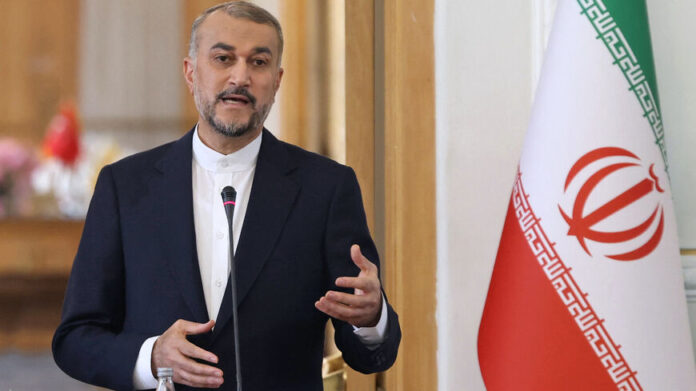By Amberin Zaman
ISTANBUL (Al-Monitor) — Iranian Foreign Minister Hossein Amir-Abdollahian was planning to pay an official visit to Turkey on November 1 to discuss the ongoing conflict between Israel and Palestine, bilateral ties and other regional developments, the Turkish Foreign Ministry announced on October 31.
The announcement came as Yemen’s Iran-backed Houthi rebels fired drones toward Israel’s southern city of Eilat on Tuesday in retaliation for its war against the militant group Hamas. Israel intercepted the missiles fired from the Red Sea area.
The meeting shows that “states of the region prioritize speaking to each other as they carefully manage the escalations. Iran and Turkey have had continuously close state-to-state talks and ties, even when they’ve stood at polar opposites of regional conflicts as was the case in Syria,” observed Arash Azizi, a historian at New York University and author of “Shadow Commander,” a biography of slain Islamic Revolutionary Guard Corps Quds Force commander Qasem Soleimani.
“Through its axis of resistance, Iran has carefully kept up a level of escalation, the most dramatic recent addition to which was the Houthi missiles fired at Israel — symbolically dramatic, although practically unremarkable,” Azizi added.
On October 31, Amir-Abdollahian met in Doha with his Qatari counterpart, Sheikh Mohammed bin Abdulrahman Al Thani. Qatar has played a central role in negotiating between Israel and Hamas over the release of hostages.








